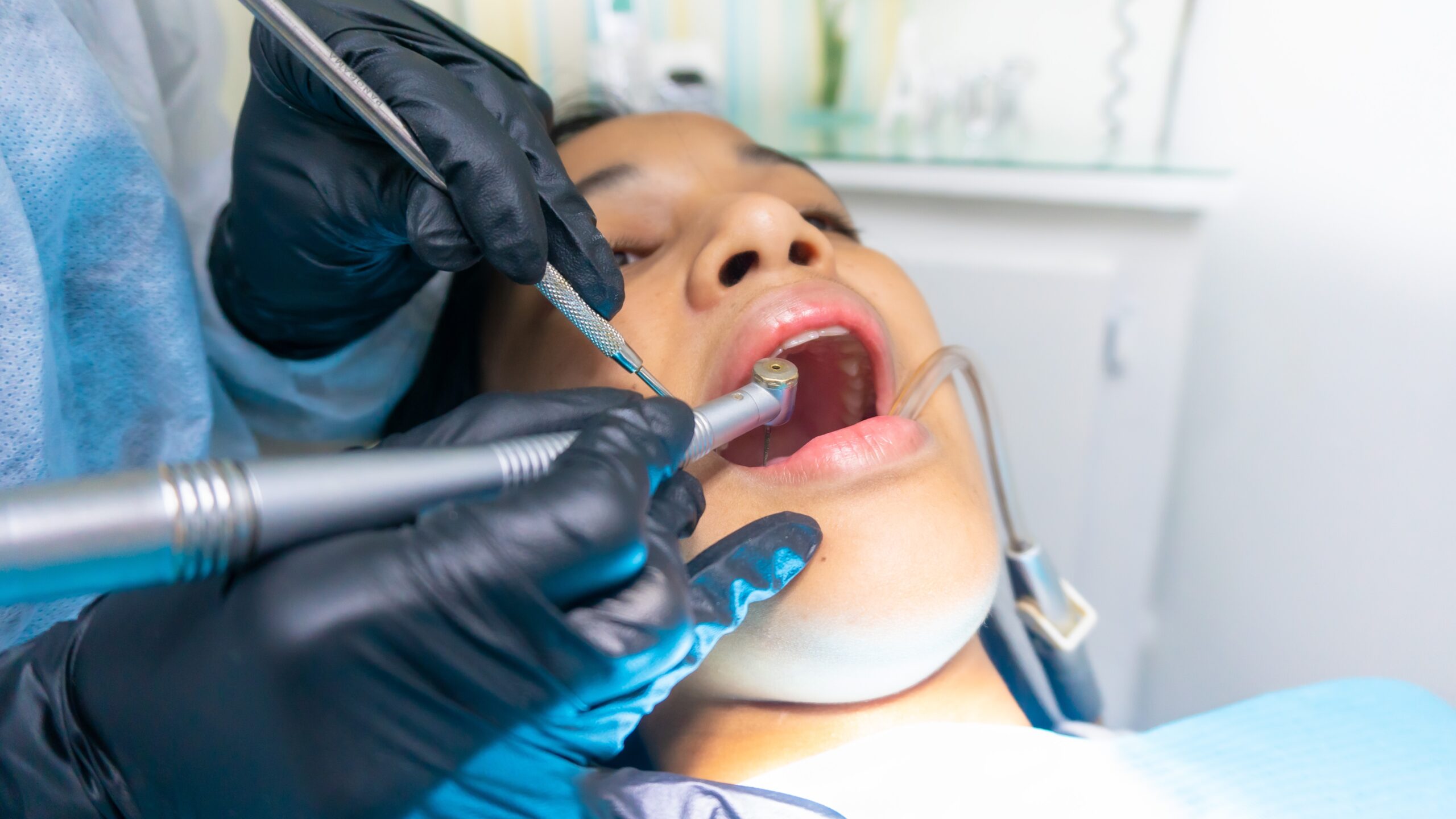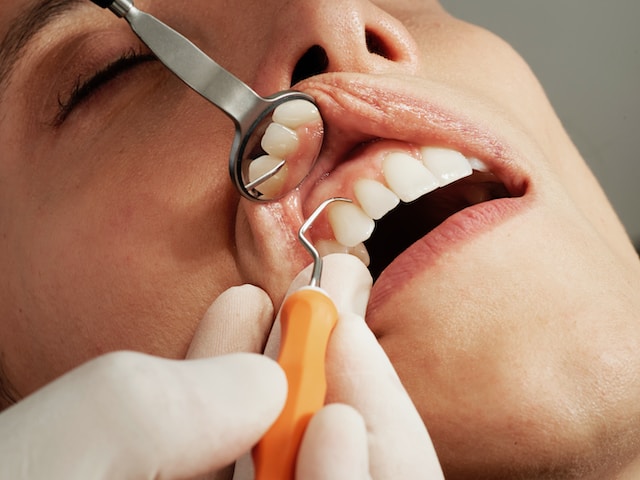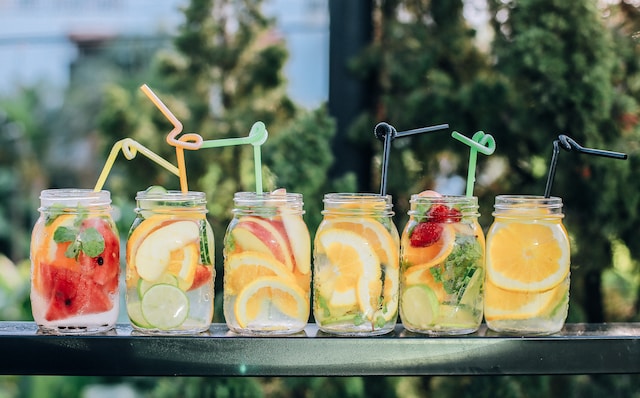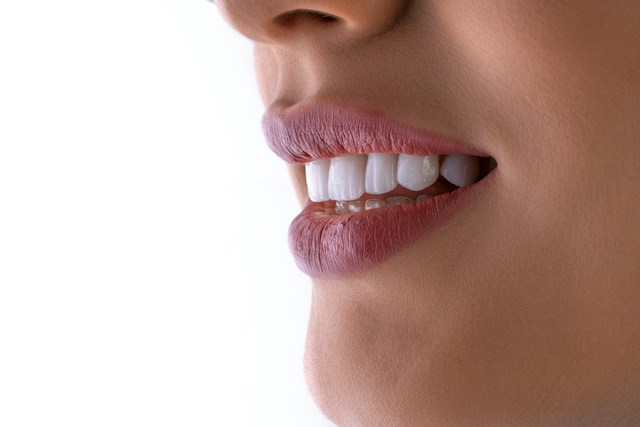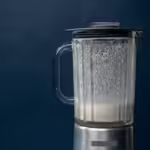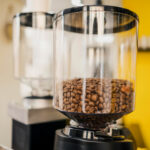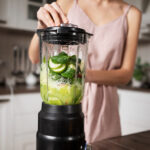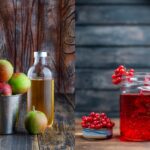After undergoing a tooth extraction, the journey to recovery hinges significantly on the meticulous care given to the healing site. Every action, including dietary choices, can profoundly influence the recovery process.
Diet plays a pivotal role in post-tooth extraction recovery, dictating the pace and quality of healing. What you consume directly impacts tissue repair, inflammation, and overall well-being during this critical phase.
Immediate Post-Extraction Period
Initial Healing Process in the First 24 Hours
In the initial 24 hours following a tooth extraction, a cascade of events occurs. Blood clots form to protect the extraction site, initiating the crucial healing process. This period demands delicate care and adherence to specific instructions.
Instructions from Your Dentist
Your dentist’s directives post-extraction serve as a roadmap for optimal healing. Their guidance regarding diet, hygiene, and activity restrictions is indispensable for preventing complications and expediting recovery.
Impact of Drinking Juice
Types of Juices Suitable for Post-Extraction
Certain juices prove to be more conducive to the post-extraction phase than others. Opting for natural, pulp-free, and non-acidic variants can minimize potential irritation to the extraction site.
Benefits of Consuming Juice
Juices, particularly those rich in essential nutrients and vitamins, can offer a valuable contribution to the recovery process. They aid in hydration, and nourishment, and potentially expedite healing due to their easily digestible nature.
Considerations Before Drinking Juice
Sugar Content and Its Effect on Healing
Juices often contain high sugar levels, which can adversely affect the healing process by promoting bacterial growth and inflammation. Opting for low-sugar or diluted options is advisable to mitigate these risks.
Acidic vs. Non-Acidic Juices: Which Are Safer?
Acidic juices may irritate the extraction site, delaying healing or causing discomfort. Non-acidic alternatives are generally better tolerated and pose fewer risks to the delicate healing tissues.
Best Practices for Juicing After Tooth Extraction
Dilution Techniques to Minimize Irritation
Diluting juices with water or opting for diluted variants can reduce their intensity, lessening the likelihood of irritation to the sensitive area.
Temperature Considerations: Cold vs. Room Temperature
Extreme temperatures, either too cold or too hot, can exacerbate discomfort or even disrupt the healing process. Opting for room temperature or slightly chilled juices is preferable.
Best Juices After Tooth Extraction
- Apple Juice: Low in acidity and often well-tolerated post-extraction.
- Pear Juice: Mild and less acidic, making it a gentle option.
- Watermelon Juice: Refreshing and low in acidity, providing hydration.
- Cucumber Juice: Mild and soothing, with low irritation potential.
- Carrot Juice: Nutrient-rich and relatively low in acidity.
- Coconut Water: Naturally hydrating and gentle on the stomach.
- Aloe Vera Juice: Known for its soothing properties, aiding in healing.
- Pineapple Juice (Diluted): If diluted, it can be less acidic and provide enzymes that aid in healing.
- Grape Juice (Diluted): Diluting grape juice reduces its acidity and sugar content.
- Vegetable Blends: Mixed vegetable juices like spinach, kale, and celery can offer nutrients without excessive acidity.
Alternative Liquid Options
Water as the Primary Choice for Hydration
In the initial stages of recovery, water reigns supreme as the safest and most crucial liquid for hydration. Its neutrality and lack of irritants make it an ideal choice.
Herbal Teas and Their Healing Properties
Certain herbal teas possess anti-inflammatory or antibacterial properties that can aid in the healing process. Chamomile or calendula teas, for instance, may assist in reducing inflammation and promoting healing.
Healing Stages and Gradual Transition
Transitioning from Liquids to Soft Foods
As the healing progresses, transitioning from solely liquid diets to soft foods is recommended. Gradually introducing juices at this stage is contingent upon the individual’s healing progress.
Signs Indicating Readiness for Juice Consumption
Signs such as reduced pain, absence of bleeding, and improved overall comfort while eating soft foods signify readiness to introduce juices into the diet.
Managing Discomfort and Sensitivity
Strategies to Alleviate Discomfort While Drinking
Sipping juices slowly, avoiding the extraction area, and using a straw positioned away from the wound can mitigate discomfort during consumption.
Handling Sensitivity to Temperature and Texture
Being mindful of temperature and texture to avoid aggravating sensitivity is crucial. Ensuring the juice is neither too cold nor too textured can help prevent discomfort.
Potential Risks of Consuming Juice
Risk of Dislodging Blood Clots
The suction motion while drinking juices, especially through a straw, poses a risk of dislodging blood clots, impeding the healing process and potentially leading to a painful condition known as dry socket.
Impact of Pulp or Fibrous Content on Extraction Site
Fibrous or pulpy juices may leave a residue that can irritate the extraction site or cause infection. Opting for strained or pulp-free juices is advised to prevent such complications.
Adapting to Individual Recovery
Individual Healing Variations and Recovery Rates
Each individual’s healing process varies; factors like age, overall health, and adherence to post-extraction instructions influence recovery rates. Patience and attentiveness to one’s body are key.
Consulting Your Dentist for Personalized Guidance
Seeking guidance from your dentist throughout the recovery journey ensures personalized advice aligned with your specific condition, aiding in a smoother recovery process.
Long-Term Dietary Adjustments
Role of Nutrition in Overall Healing
A well-balanced diet rich in vitamins, minerals, and proteins is crucial for optimal healing post-tooth extraction. It supports tissue repair and boosts the immune system.
Gradual Return to Regular Diet
As healing progresses, gradually reintroducing a regular diet comprising a variety of food groups is recommended. Monitoring any discomfort or adverse reactions during this transition is essential.
Frequently Asked Questions (FAQs)
Can I Use a Straw When Drinking Juice?
While using a straw might seem convenient, it poses a risk of dislodging blood clots. It’s advisable to avoid straws, especially in the initial post-extraction period.
How Long Should I Wait Before Introducing Juice?
The timing for reintroducing juices varies based on individual healing. It’s generally advisable to wait until signs of healing and readiness for soft foods are evident before incorporating juices.
Conclusion
Recap of Essential Points
Post-tooth extraction care involves conscientious dietary choices, and introducing juices demands caution and consideration. Optimal recovery necessitates adherence to guidelines and gradual reintroduction of liquids.
Final Advice for Optimal Recovery
For a smooth recovery post-tooth extraction, prioritize hydration with water, consider juices carefully, heed your dentist’s advice, and be attentive to your body’s signals throughout the healing process.\\
Related Blog
Does Pineapple Juice Help with Wisdom Teeth? Yes, It Does
Make Youthful Skin By Drinking Anti-Aging Juices
